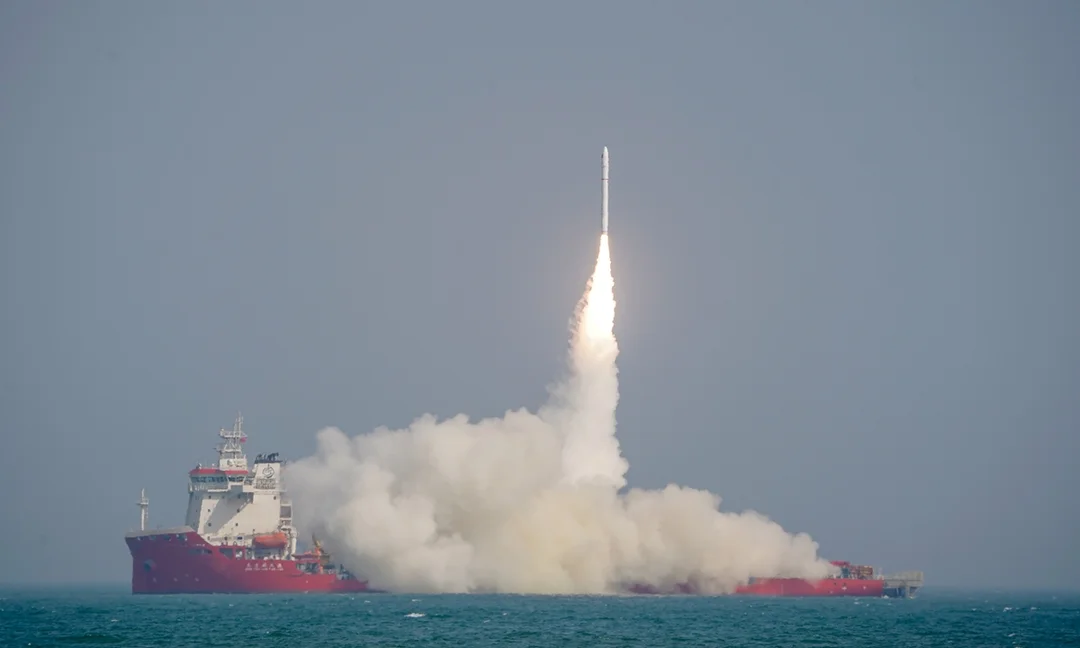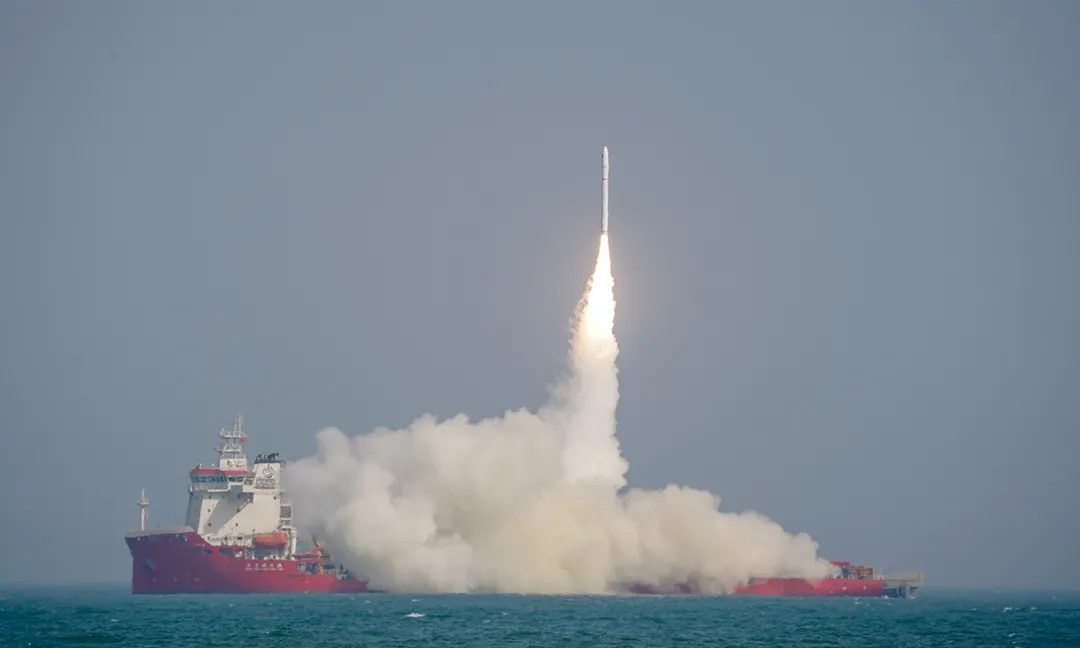
China’s Galactic Energy Completes IoT Satellite Constellation with Sea Launch
China's commercial space sector continues to reach new milestones, with Galactic Energy successfully launching four satellites into orbit from a sea-based platform on May 19, 2025. This launch marks the completion of the first phase of the Tianqi constellation, a low-Earth orbit (LEO) Internet of Things (IoT) satellite network. The Ceres-1 rocket lifted off from the waters off the east coast of Shandong Province, coordinated by the Taiyuan Satellite Launch Center, sending the satellites into their designated orbits.

The four Tianqi satellites join a network of 41 spacecraft operated by Guodian Gaoke, designed to provide global data transmission for internet-connected smart devices. This network caters to both government and private users, enabling consumer-grade satellite IoT data services with broad coverage, miniaturization, and low power consumption at a low cost.
The Tianqi constellation is already being applied across various industries, including forestry, agriculture, emergency response, tourism, water resources, power, petroleum, marine monitoring, smart cities, and the digital economy. It is also expanding into the direct-to-satellite (D2S) market for consumer electronics like automobiles, walkie-talkies, and smartwatches.

The Ceres-1 is a four-stage, 66-foot-tall launch vehicle powered by solid rocket engines on its lower three stages and a hydrazine liquid engine on its fourth stage. This launch was the Ceres-1's fifth liftoff at sea and its 20th flight overall, with an impressive success rate.
Galactic Energy is also developing a liquid-propellant launch vehicle called Pallas-1, expected to debut later this year. The Pallas-1 design will eventually incorporate a recoverable and reusable first stage, showcasing the company's commitment to innovation and sustainability.
This successful launch also marks a significant step for China's private aerospace companies. Galactic Energy claims it is currently the only company among China's private aerospace companies capable of carrying out land- and sea-based launches. This success, alongside other advancements like LandSpace's ZQ-2E methane-liquid oxygen rocket, highlights the growing maturity and diversity of China's commercial space sector.
China's commercial space industry is experiencing significant growth, with the number of enterprises exceeding 500 and the market size expected to surpass 2.5 trillion yuan ($346.76 billion) this year. As more private firms emerge and achieve technological breakthroughs, the future of space exploration looks increasingly vibrant.
What are your thoughts on the rapid advancements in China's commercial space sector? Share your comments below!